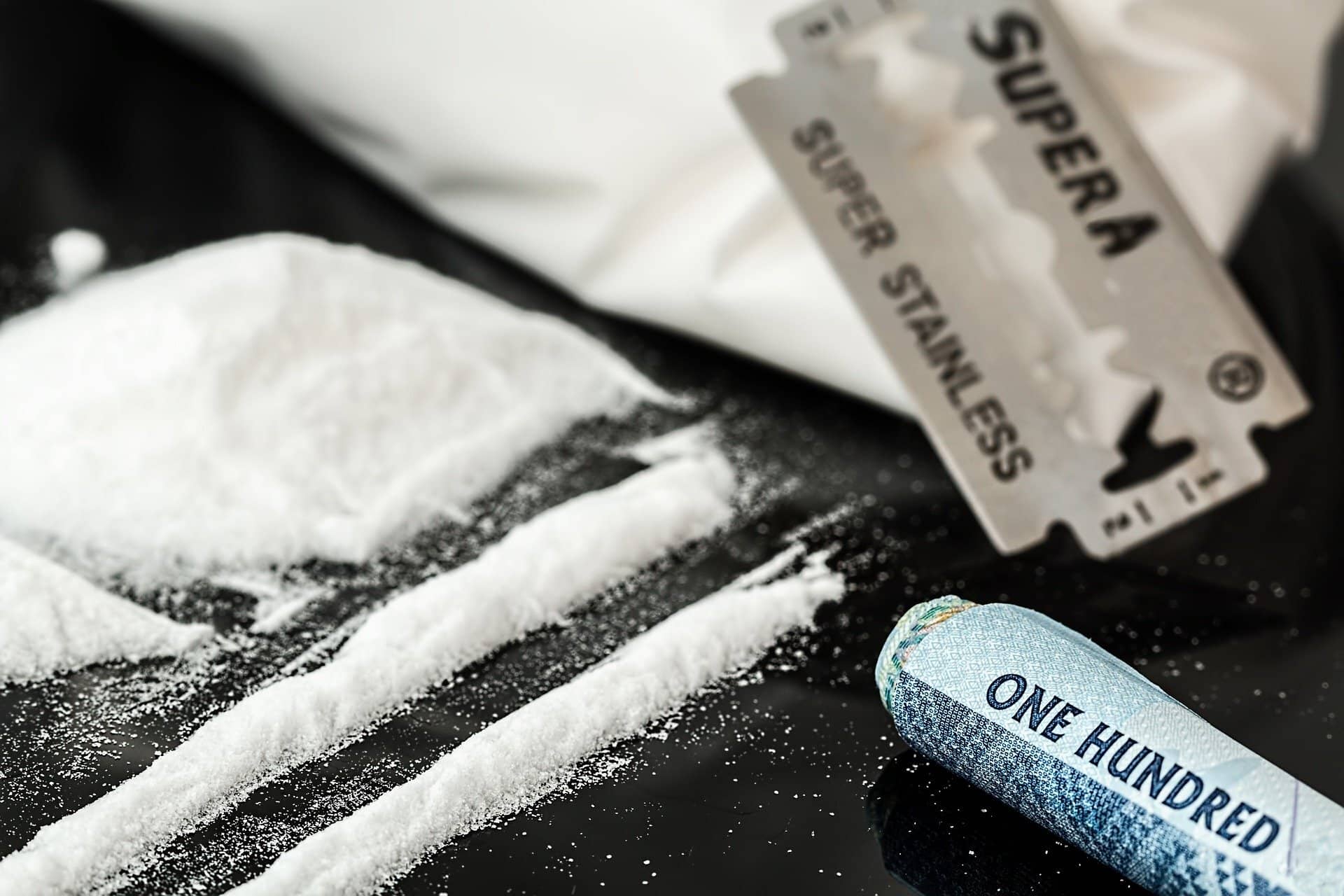Cocaine addiction is a serious condition. It affects both the brain and the body. The effects can be dangerous and even deadly. Knowing the signs early can save lives. In this article, we will explore the physical, behavioral, and psychological signs of cocaine addiction. We’ll also explain how addiction develops and why professional help is essential.
What is Cocaine Addiction?
Cocaine addiction is a type of substance use disorder. It happens when a person becomes dependent on cocaine. The drug creates intense euphoria. But that high fades quickly, leading users to take more. Over time, the brain adapts to the drug. The person needs higher doses to feel the same effect. This is called tolerance. Eventually, they lose control over their usage. That’s when addiction takes over.
Physical Signs of Cocaine Addiction
Cocaine affects the body in noticeable ways. Some of these symptoms appear shortly after use. Others develop with long-term abuse.
Short-Term Physical Signs
- Dilated pupils
- Nosebleeds (especially from snorting)
- Runny nose
- Rapid heart rate
- High blood pressure
- Increased body temperature
- Loss of appetite
- Insomnia or trouble sleeping
These symptoms often show up during or right after cocaine use. They may seem minor at first but can escalate quickly.
Long-Term Physical Signs
- Weight loss
- Chronic nose problems (such as nasal collapse)
- Heart problems
- Lung damage (especially if smoked)
- Seizures
- Persistent fatigue
- Increased risk of stroke
- Gastrointestinal complications
If these symptoms persist, they can lead to permanent damage. Some may even be life-threatening.
Behavioral Signs of Cocaine Addiction
Cocaine changes how a person behaves. These behavioral shifts are often the first thing loved ones notice.
Common Behavioral Changes
- Secretive or suspicious behavior
- Sudden financial problems
- Loss of interest in hobbies
- Poor performance at work or school
- Risky or reckless actions
- Legal issues or arrests
- Frequent lying or manipulation
- Social withdrawal
These changes usually reflect a deeper problem. As addiction worsens, the person may push away family and friends.
Binge and Crash Patterns
People addicted to cocaine often binge. They use large amounts over a short period. Then they crash. During a crash, they may sleep for hours or even days. This cycle repeats often and can be dangerous.
Psychological Symptoms of Cocaine Addiction
Cocaine doesn’t just affect the body. It also impacts a person’s mental and emotional state.
Early Psychological Signs
- Euphoria
- Hyperactivity
- High confidence
- Talkativeness
- Anxiety
- Restlessness
These may seem harmless or even exciting. But they usually lead to more severe symptoms.
Long-Term Psychological Effects
- Paranoia
- Depression
- Mood swings
- Irritability
- Hallucinations
- Aggression
- Suicidal thoughts
These mental health issues often worsen with continued use. They can lead to dangerous actions and self-harm.
Warning Signs in Daily Life
The signs of cocaine addiction often show up in daily routines. Here are some red flags to watch for:
- Missing appointments or deadlines
- Sleeping odd hours
- Neglecting hygiene
- Wearing long sleeves to hide marks (if injecting)
- Keeping drug paraphernalia
- Unexplained absences or frequent disappearances
Family and friends should stay alert. Small signs can grow into big problems fast.
Withdrawal Symptoms
When a person stops using cocaine, withdrawal begins. It can be uncomfortable and even painful.
Common Withdrawal Symptoms
- Fatigue
- Depression
- Cravings
- Nightmares
- Irritability
- Slow thinking
- Increased appetite
These symptoms often cause relapse. That’s why medical support is crucial during detox.
Why Professional Help Matters?
Cocaine addiction is hard to overcome alone. The cravings are intense. The withdrawal is severe. Treatment centers offer medical care and emotional support. Professional help includes:
- Medical detox
- Therapy (individual and group)
- Medication (in some cases)
- Counseling for families
- Ongoing relapse prevention plans
Cocaine addiction is dangerous. It affects the mind, body, and life as a whole. Recognizing the signs early can make all the difference. Whether it’s physical symptoms, behavior changes, or mental health struggles—each one is a warning. Don’t ignore the signs. If you or someone you love shows symptoms, seek help right away. Recovery is possible with the right treatment and support.






